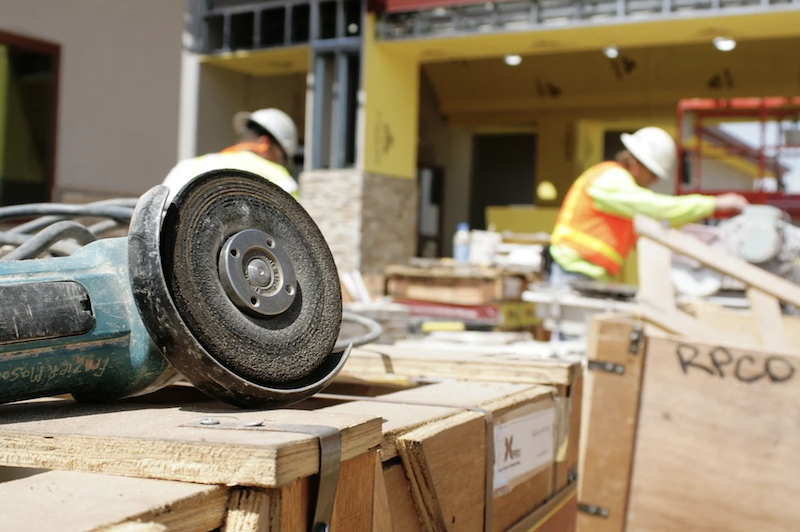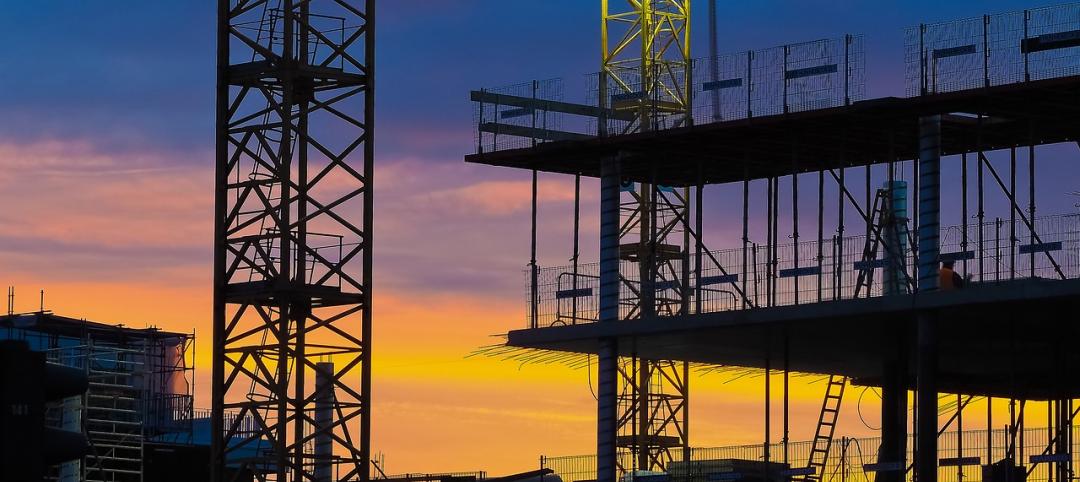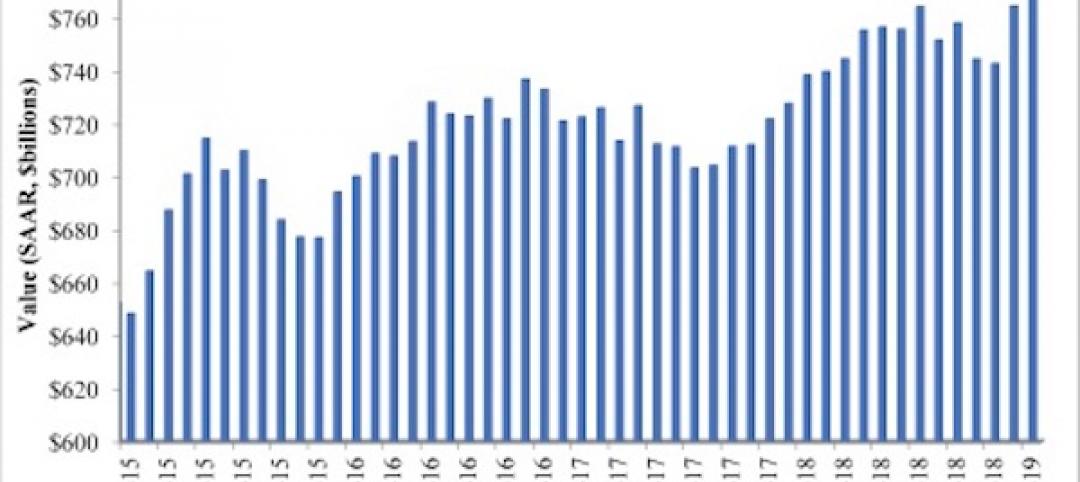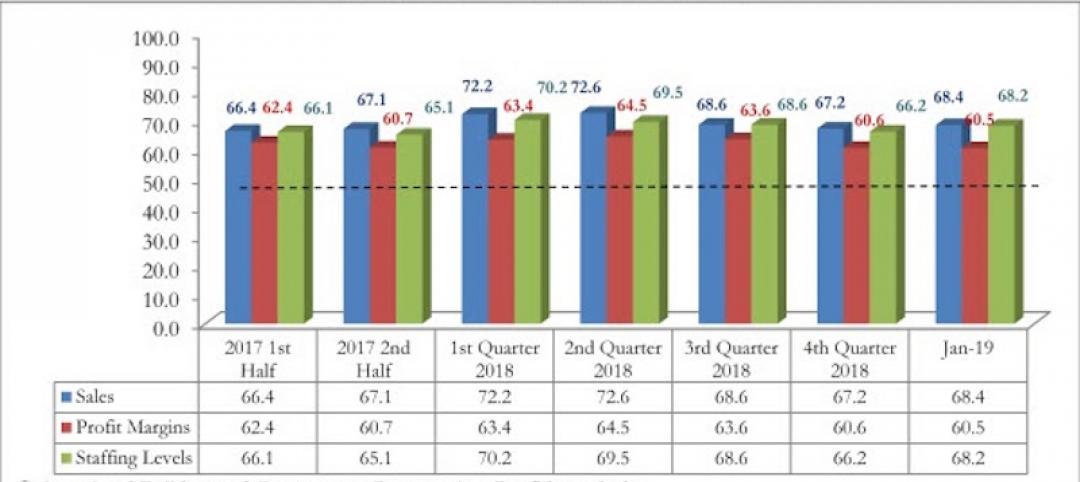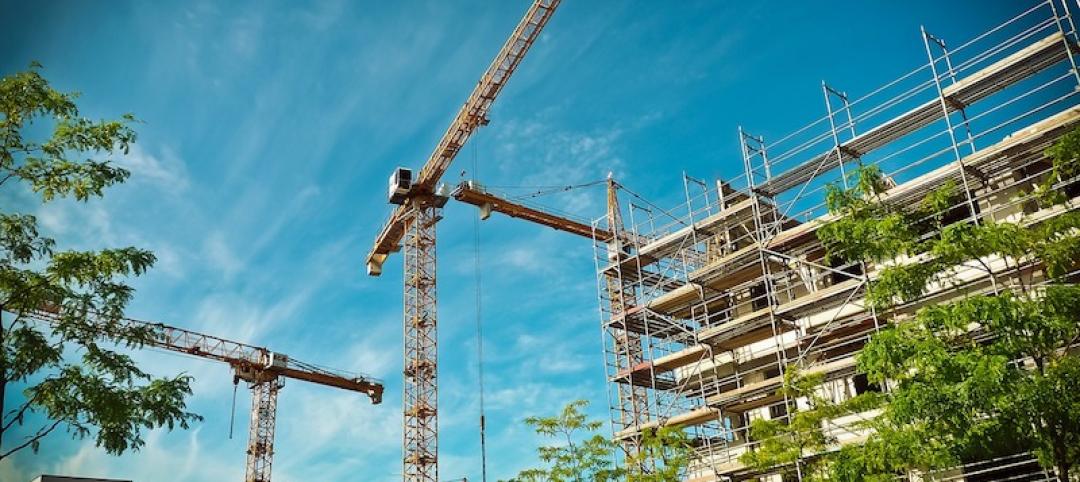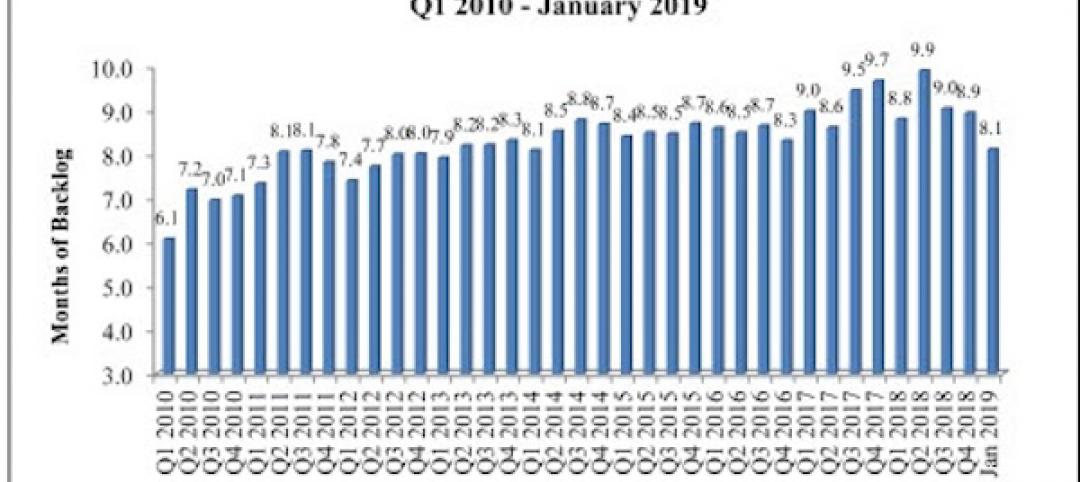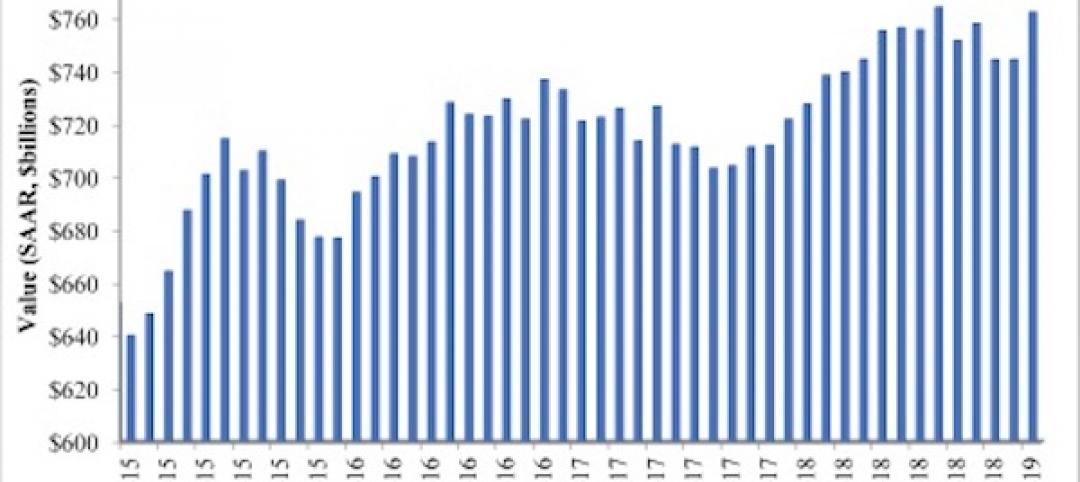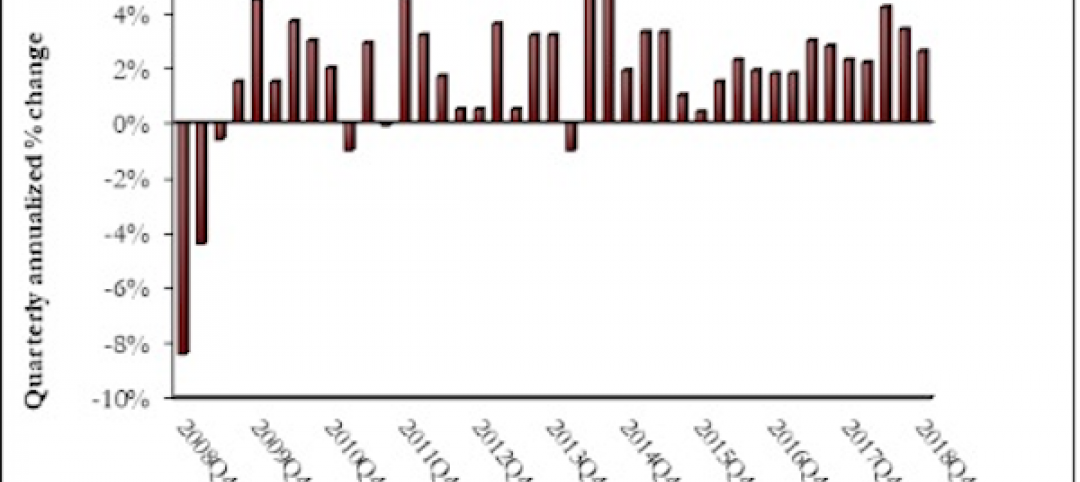Extreme price increases continued in July for a wide range of goods and services used in construction, according to an analysis by the Associated General Contractors of America of government data released today. Association officials urged President Biden to immediately end tariffs and quotas on steel, aluminum, lumber and other essential construction items to help stave off inflationary pressure in the construction industry.
“July was the sixth-straight month of double-digit price increases for construction inputs,” said Ken Simonson, the association’s chief economist. “In addition, lead times to produce or deliver many items keep lengthening. Many reports since the government collected this price data in mid-July show the trend will continue, at a minimum into the autumn and likely beyond, unless tariffs and quotas are removed.”
The producer price index for new nonresidential construction—a measure of what contractors say they would charge to erect five types of nonresidential buildings—rose 4.4% over the past 12 months. That was a small fraction of the 25.6% increase in the prices that producers and service providers such as distributors and transportation firms charged for construction inputs, Simonson noted.
There were double-digit percentage increases in the selling prices of materials used in every type of construction. The producer price index for steel mill products more than doubled from July 2020 to last month, leaping 108.6%. The index for lumber and plywood jumped 56.8% despite a large drop in mill prices from May to July. The index for copper and brass mill shapes rose 49.0% and the index for aluminum mill shapes increased 33.2%. The index for plastic construction products rose 26.7%. The index for gypsum products such as wallboard climbed 21.6%. The index for insulation materials rose 11.8%, while the index for prepared asphalt and tar roofing and siding products rose 10.9%.
In addition to increases in materials costs, transportation and fuel costs also spiked. The index for truck transportation of freight jumped 13.8%. Fuel costs, which contractors pay directly to operate their own trucks and off-road equipment, as well as through surcharges on freight deliveries, have also jumped.
Association officials urged the president to remove tariffs on key construction materials, including steel and aluminum. They noted that some countries have opted for quotas on steel and aluminum in place of tariffs, making supplies even tighter. They said these government limitations on key materials, if left in place, would undermine some of the benefits of the new infrastructure measure that passed in the Senate
“These tariffs and quotas are artificially inflating the cost of many key materials and doing more damage to the economy than help,” said Stephen E. Sandherr, the association’s chief executive officer. “Leaving these measures in place will undermine the broader benefits of the bipartisan new infrastructure measure the House should be passing.”
View producer price index data. View chart of gap between input costs and bid prices. View the association’s Construction Inflation Alert.
Related Stories
Market Data | Apr 16, 2019
ABC’s Construction Backlog Indicator rebounds in February
ABC's Construction Backlog Indicator expanded to 8.8 months in February 2019.
Market Data | Apr 8, 2019
Engineering, construction spending to rise 3% in 2019: FMI outlook
Top-performing segments forecast in 2019 include transportation, public safety, and education.
Market Data | Apr 1, 2019
Nonresidential spending expands again in February
Private nonresidential spending fell 0.5% for the month and is only up 0.1% on a year-over-year basis.
Market Data | Mar 22, 2019
Construction contractors regain confidence in January 2019
Expectations for sales during the coming six-month period remained especially upbeat in January.
Market Data | Mar 21, 2019
Billings moderate in February following robust New Year
AIA’s Architecture Billings Index (ABI) score for February was 50.3, down from 55.3 in January.
Market Data | Mar 19, 2019
ABC’s Construction Backlog Indicator declines sharply in January 2019
The Construction Backlog Indicator contracted to 8.1 months during January 2019.
Market Data | Mar 15, 2019
2019 starts off with expansion in nonresidential spending
At a seasonally adjusted annualized rate, nonresidential spending totaled $762.5 billion for the month.
Market Data | Mar 14, 2019
Construction input prices rise for first time since October
Of the 11 construction subcategories, seven experienced price declines for the month.
Market Data | Mar 6, 2019
Global hotel construction pipeline hits record high at 2018 year-end
There are a record-high 6,352 hotel projects and 1.17 million rooms currently under construction worldwide.
Market Data | Feb 28, 2019
U.S. economic growth softens in final quarter of 2018
Year-over-year GDP growth was 3.1%, while average growth for 2018 was 2.9%.


